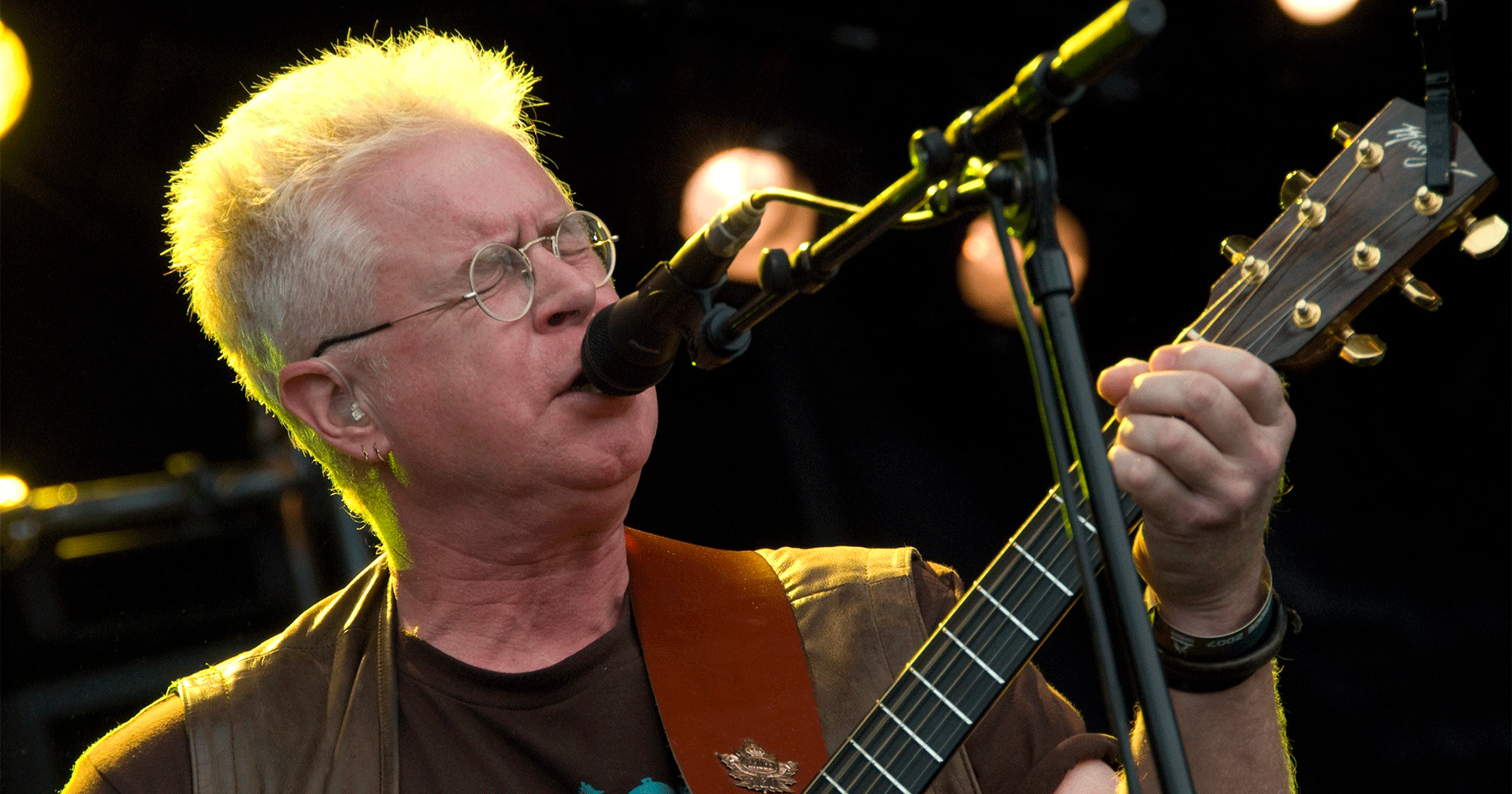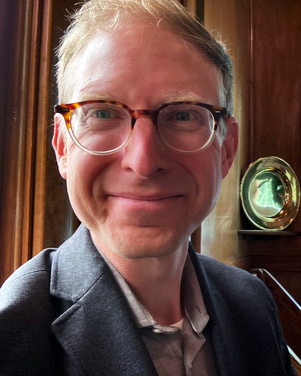“What kind of ancestor do you want to be?”
he question, “What kind of ancestor do you want to be?” remains as striking to me today, as it did when I first heard it. I was sitting in a classroom at Simon Fraser University’s downtown campus as a part of a professional development cohort exploring systems change. That is to say, we were a group of people from a variety of sectors (arts organizations, charitable foundations, educational institutions, healthcare, and non-profit organizations) all in need of rethinking the way of embodying their mission in an ever-changing world.
I was one of two people from churchland in that cohort. When the presenter breathed this question into the space, I remember locking eyes with the Lutheran pastor across the room. This was the kind of question, we had already come to realize, that animated our faith. It animated our work in the church. We didn’t know this question, and yet this question was why we were there.
I don’t find it easy to answer questions from the end of the world. I don’t find it comfortable to imagine the world beyond my death. And to be clear, I don’t think that the presenter was asking “how do you want to be remembered?” It wasn’t about image control. It was deeper, more profound. The question, when it was asked, was ultimately about legacy. Not legacy in an abstract sense but legacy in its embodied form. This is how I think I’d translate the question for the church of today: “How does your way of being in this world–your thought, prayer, and action, your way of relating to others–embody and participate in Jesus’ healing work?”
This is both a personal, individual-focused questions, and one that serves to decentre us as individuals.
This is a question that reminds us that my life is connected to yours; that our lives are deeply connected to the generations who will follow, even as we are connected to the generations who came before. This question helps us to look generations into the past and generations into the future. It helps us to recognize that while our current experiences are unique and important, they are not the sum total. There is plenty more story to be written beyond the limit of our lifetimes. Even so, our lives will have ripple effects on those who come after.
These days, it often feels like God (in the words of Bruce Cockburn) has been leading us beside strange waters.
The church of today isn’t the same as the church of the past. The world of today is not the world of the past. As we change, as our communities change, as the world continues to change, the church too, will evolve as it always has. Cockburn continues:
“Some will run and some will stand.
Everything is bullshit but the open hand.
You’ve been leading me beside strange waters.”
The waters of this day and age may seem strange. Some of us are scared. Some of us have run, or are preparing to. Others of us remain still. Some of us firm in our faith. Others of us shaken and uncertain. Others of us paralyzed, staring at a church we thought we knew, a church we barely recognize. And yet the reminder comes again:
“You’ve been leading me.”
Another psalmist once wrote,
“Where can I go from your spirit?
Or where can I flee from your presence?” Psalm 139.
Wherever we go, God is there. God continues to speak, continues to act, continues to lead us beside strange waters. Over glistening mountains and through misty valleys, beside waters familiar and strange, the singer longs to know “If I loose my grip, will I take flight?” In response, the psalmist cries:
“If I take the wings of the morning
And settle at the farthest limits of the sea,
Even there your hand shall lead me,
And your right hand shall hold me fast.”
What kind of ancestors will we be?
We might be those who cling tightly to the present, trusting only in our own understanding. Yet just as easily, we might be the ancestors who receive the gift of God’s presence now, and refuse to hoard it for ourselves. We can walk with Jesus beside strange waters, joining him in the way of the open hand.
To be such a people will require courage. It will require reliance on God and on each other. The way of the open hand will need to shape us, our lives, our congregations, and our relationship to our neighbours out in the world. It will need to shape not only the ways we treat those we love, but the ways we treat the stranger, the enemy. It will shape our relationship with whatever resources we have been given–skills and abilities, time, wisdom, influence, and money–that we might at once be grateful for all that we have received, all the while remaining people of the open hand.


